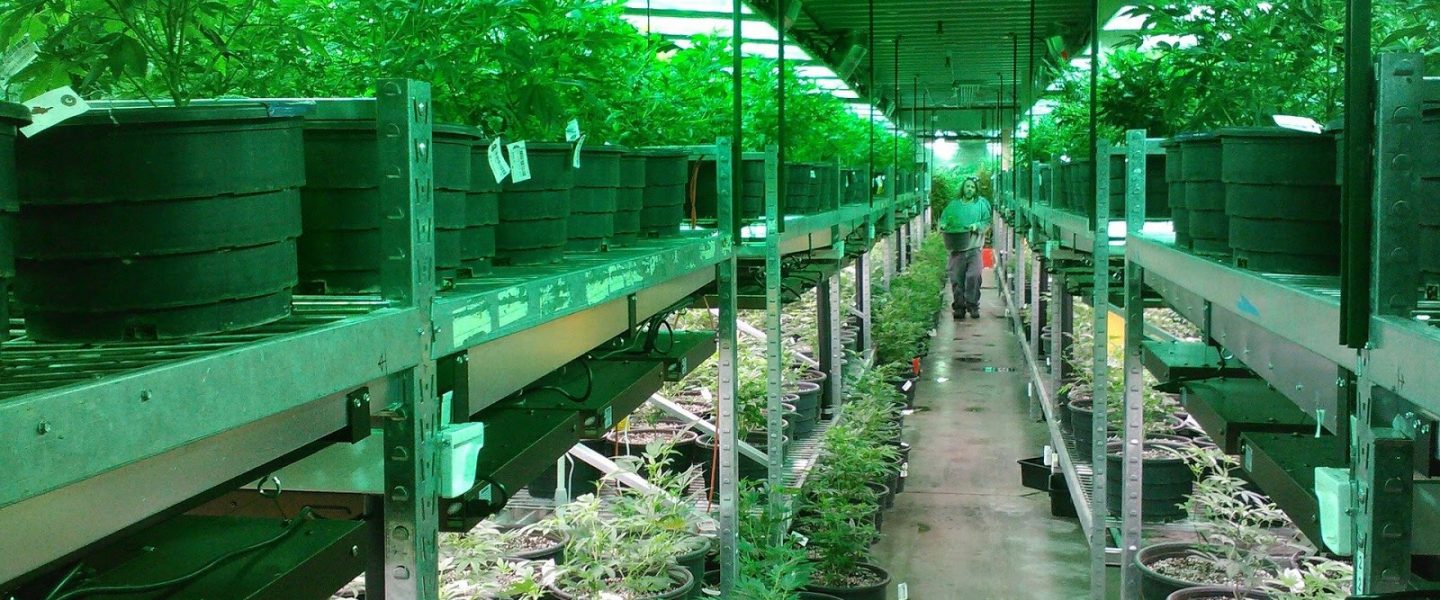Cannabis enthusiasts across the nation celebrated a win as word went out last week that a federal agency is approving requests to cultivate marijuana to supply federally approved researchers.
After decades of only one entity holding the right to grow pot for medical studies, the Drug Enforcement Administration (DEA) contacted several businesses with the news that they were making progress in issuing agreements. This information was shared after several companies waited for years, and even through lawsuits, to gain federal approval to grow weed for science.
“DEA is nearing the end of its review of certain marijuana grower applications, thereby allowing it to soon register additional entities authorized to produce marijuana for research purposes,” DEA stated on their website. “Pending final approval, DEA has determined, based on currently available information, that a number of manufacturers’ applications to cultivate marijuana for research needs in the United States appears to be consistent with applicable legal standards and relevant laws. DEA has, therefore, provided a Memorandum of Agreement (MOA) to these manufacturers as the next step in the approval process.”
Three of the first known organizations conditionally accepted include the Biopharmaceutical Research Company (BRC), Scottsdale Research Institute (SRI) and Groff NA Hemplex LLC.
First reports were released by major media outlets on Friday, with several approved entities confirming the news. However, at this point in time, it is not clear how many will be approved. There are certainly a large number of applicants who are still hoping to be contacted.
The company’s leaders have spoken to the press to relay their plans for either accepting as quickly as possible, or working to communicate with DEA to develop and fine tune the process.
DEA said qualifying applicants were presented “with an MOA outlining the means by which the applicant and DEA will work together to facilitate the production, storage, packaging, and distribution of marijuana under the new regulations as well as other applicable legal standards and relevant laws.”
Most weed activists are calling the feds out for taking so long. Even with 17 states currently legalizing adult-use, and 36 having medical marijuana, there has been slim support for federal legalization from President Biden. But, this is a great step in the right direction. It is reassuring to know that the current administration values the scientific opportunities cannabis studies will provide, and is willing to put effort into correcting mistakes of the past.
The process was kick-started back in 2016, when President Barack Obama declared that the DEA would be accepting applications for new marijuana growers. This took place more than fifty years after the first and only entity was approved by federal law to grow marijuana for scientific studies.
Federally Sanctioned Cannabis Research
A farm on Mississippi University was approved by the DEA in 1968, and has been the sole source for scientific research cultivation. Proponents of adding new growers to the federally legal side of cultivation argue that the product put out by ‘Ole Miss’ is of poor quality, and is incomparable to the product available on the market through state programs. They further state that the lack of quality and diversity in the product available to study indicates that the science is flawed.
Although efforts were made to prod the DEA into action, the Obama Administration didn’t press the issue until the end of Obama’s term. And since Trump waffled back and forth on supporting cannabis depending upon who he was speaking to, it was no surprise when he essentially ignored the issue throughout his term.
The extended waiting period (since 2016) has been very tough for several of the applicants, as they were told that their willingness to adhere to federal regulations while waiting for approval might make the difference in achieving their ultimate goal. In other words, if applicants decided to follow their state laws and grow cannabis against federal regulations, this could negatively affect their standing in the application process.
Many companies had to choose whether they would wait out the DEA’s delays, therefore risking their livelihood by declining to cultivate in the meantime, or run the risk that going into business might jeopardize their eligibility. The results got rather ugly, resulting in several lawsuits.
One specific lawsuit, filed by SRI, forced the courts to mandate the DEA honor the competition for applicants, and was dropped after the agency began updating and taking steps toward processing the applications. Activists hope to hear soon from more organizations receiving MOAs, and that the process is indeed moving along.
The website gives every indication that this is the new trend, stating it “will continue to prioritize efforts to evaluate the remaining applications for registration and expects additional approvals in the future.”
Additional Resources:
At The Weed Blog, we strive to produce the latest online news resources regarding marijuana. We also review various strains of cannabis or other edible counterparts. We are committed to helping you find valuable information about marijuana on our website. With marijuana laws constantly changing, learn from us what you can do to promote activism in your area. Otherwise, consider these other top-tier articles regarding cannabis tax revenue:
States Ranked by Recreational Marijuana Tax Revenue
Crime Is Down and Tax Revenue Is up in Denver after Cannabis Legalization
Marijuana Tax Revenue Surpasses Alcohol Tax Revenue in Colorado



























